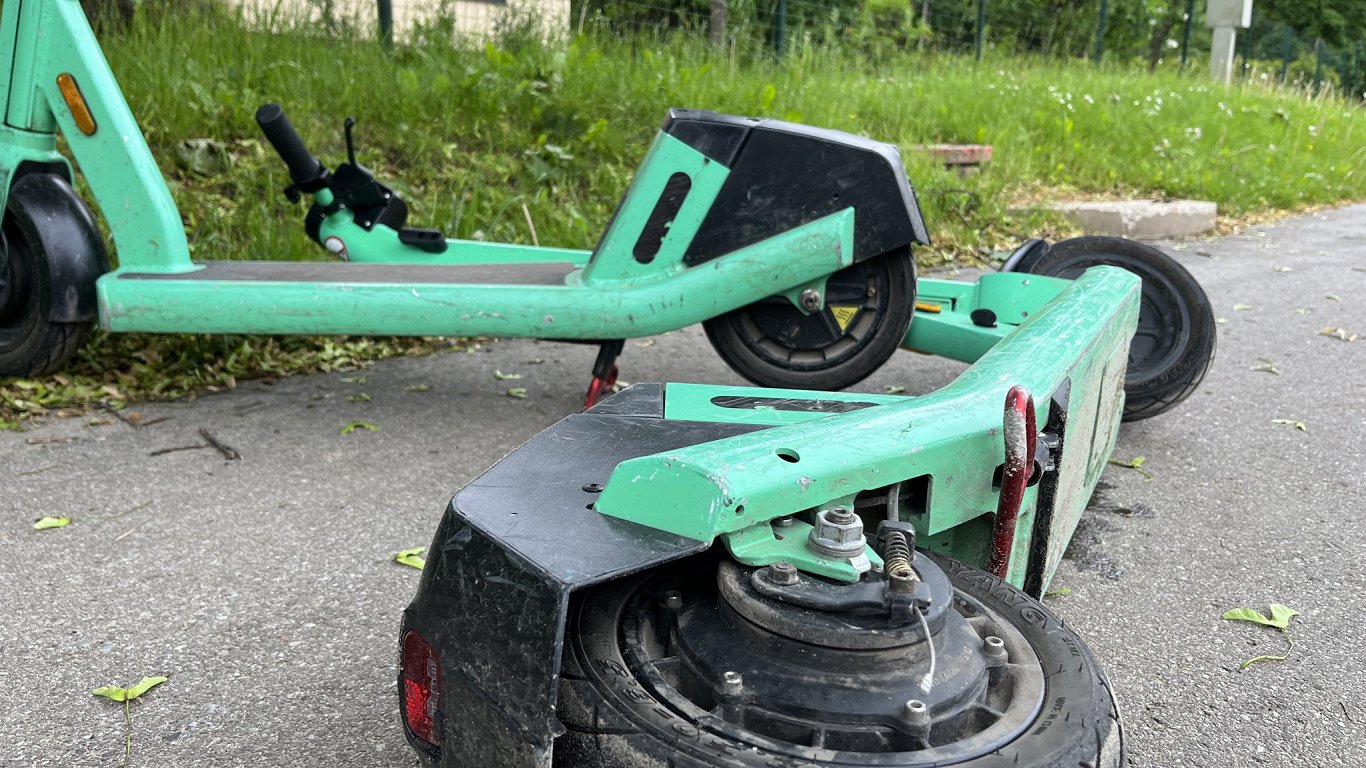In the case of electrical scooters intended for the provision of commercial services, the proposals provide for the right of the local government to establish exclusion zones for their placement and use. The local government would also have the right to determine the procedures for issuing, revoking, or suspending licenses for a period of time for private individuals who provide commercial services for shared electric scooters, said the local government.
The proposed amendments to the Law provide for the speed control of electric scooters, as well as for the driver to have a driving license of any category of vehicle, including a cycling license.
Thus, it would be ensured that persons who participate in traffic have acquired road traffic rules.
Based on the experience of other countries, the amendments to the Law also provide for the fitting of electric scooters with a national registration number, and their registration would be mandatory.
"In Rīga, as in other European metropolises, the number of users of electric scooters and various other micro-mobility vehicles has increased significantly in recent years. At the same time, problems, such as the safety aspect, have been highlighted. Experts agree that the key to the successful integration of electric scooters into traffic is a cooperation between the government, local governments, industry, and civil society, but the mutual respect of all road users, the acquisition of road traffic rules and the learning to use micro-mobility tools at school age would make their use safer and significantly prevent injury," the City Council's Vice-President Vilnis Ķirsis (New Unity) said.



























